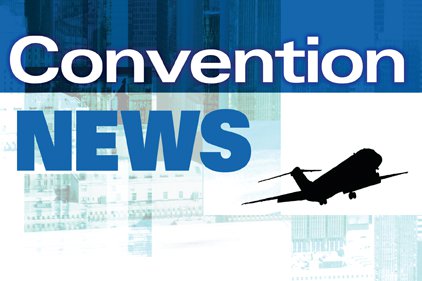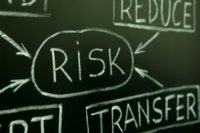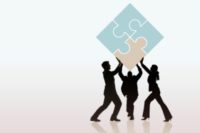Best-selling authors will headline Safety 2014 speaker list

 Two prominent authors are scheduled to speak at Safety 2014, coming up June 8-11 in Orlando, Florida.
Two prominent authors are scheduled to speak at Safety 2014, coming up June 8-11 in Orlando, Florida.
Charles Duhigg, a Pulitzer prize winning business reporter at The New York Times (business section), will speak at the Opening General Session on Monday, June 9. Duhigg is the author of "The Power of Habit: Why We Do What We Do in Life and Business," about the science of habit formation among individuals, companies & societies.
The book examines scientific discoveries that explain why habits exist and how they can be changed, taking the reader from.
From the description:
Distilling vast amounts of information into engrossing narratives that take us from the boardrooms of Procter & Gamble to sidelines of the NFL to the front lines of the civil rights movement, Duhigg presents a whole new understanding of human nature and its potential. At its core, The Power of Habit contains an exhilarating argument: The key to exercising regularly, losing weight, being more productive, and achieving success is understanding how habits work. As Duhigg shows, by harnessing this new science, we can transform our businesses, our communities, and our lives.
Sidney Dekker is Professor of Human Factors and Flight Safety, and Director of Research at the School of Aviation, Lund University, Sweden.
Dekker, who will speak at the General Session on Tuesday, June 10, has written "The Field Guide to Understanding Human Error."
From the book's description:
When faced with a human error problem, you may be tempted to ask 'Why didn't they watch out better? How could they not have noticed?'. You think you can solve your human error problem by telling people to be more careful, by reprimanding the miscreants, by issuing a new rule or procedure. These are all expressions of 'The Bad Apple Theory', where you believe your system is basically safe if it were not for those few unreliable people in it. This old view of human error is increasingly outdated and will lead you nowhere. The new view, in contrast, understands that a human error problem is actually an organizational problem. Finding a 'human error' by any other name, or by any other human, is only the beginning of your journey, not a convenient conclusion. The new view recognizes that systems are inherent trade-offs between safety and other pressures (for example: production). People need to create safety through practice, at all levels of an organization.
Click here for more information about the American Society of Safety Engineers' (ASSE) Safety 2014.
Looking for a reprint of this article?
From high-res PDFs to custom plaques, order your copy today!






